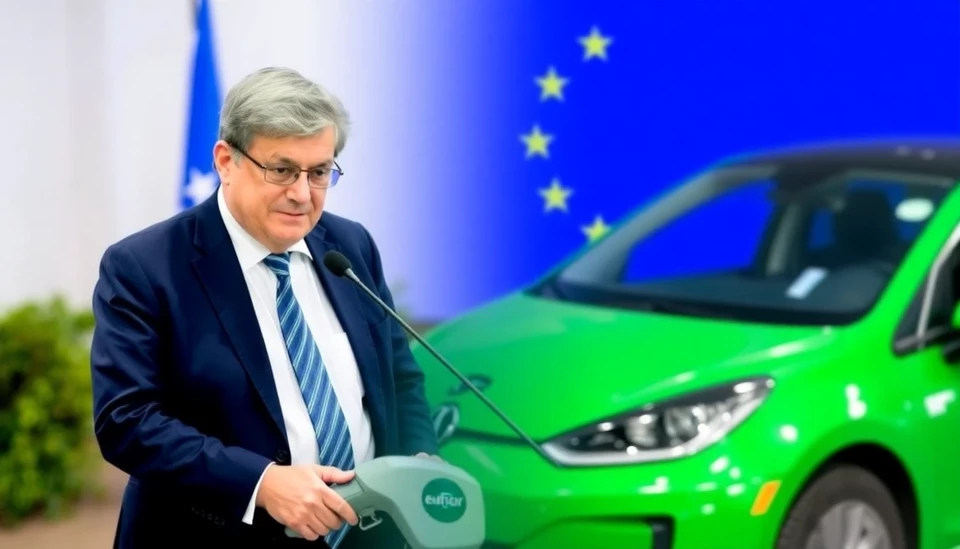
In a recent statement, European Economy Commissioner Paolo Gentiloni asserted that the European Union's proposed tariffs on Chinese electric vehicles (EVs) should not be misconstrued as an act of protectionism. This declaration came amidst growing tension between the EU and China over trade practices that some European leaders perceive as unfair competition.
Gentiloni emphasized that the measures aimed at Chinese EV manufacturers were not designed to shield European producers from competition but rather as a response to specific market conditions that have emerged due to significant Chinese subsidies. According to him, the intention of the tariffs is to create a level playing field for all manufacturers operating within the EU.
These tariffs are part of a broader strategy to bolster the European automotive industry while transitioning towards greener technologies. The EU has committed to achieving ambitious climate goals, and supporting local manufacturers of EVs is seen as critical to that mission. Gentiloni pointed out that this initiative is essential to ensure that the European market does not become oversaturated with subsidized products from outside the region, which can distort competition.
Furthermore, the Commissioner noted that while protective measures are necessary under certain conditions, they should be applied carefully and thoughtfully to avoid escalating tensions that could lead to a broader trade conflict. Gentiloni’s remarks highlight the delicate balance the EU is trying to maintain between protecting its domestic industries and promoting fair competition in a global marketplace.
The EU’s position follows an increase in concerns regarding the impact of Chinese EV imports on local manufacturers, who argue that they cannot compete with heavily subsidized vehicles from China. The proposed tariffs are part of the EU's efforts to enhance its competitiveness in the electric revolution that is reshaping the automotive industry.
Gentiloni's comments also reflect a growing sentiment in Europe that proactive steps are essential to safeguard not just economic interests but also the broader environmental objectives that underpin the EU’s regulatory framework. He reiterated that the global transition to electric mobility must be equitable, ensuring that all players can compete on similar terms while adhering to sustainability goals.
As discussions continue in the EU regarding these measures, it remains to be seen how China will respond and whether there will be direct repercussions on trade relations. Stakeholders in the automotive sector are closely monitoring developments, anticipating that the outcome could significantly influence the future of EV markets globally.
In conclusion, Commissioner Gentiloni's remarks serve as a clarification that the EU's actions regarding tariffs on Chinese EVs are framed within the context of fair competition and sustainability rather than mere protectionism. The ongoing dialogue between the EU and its global trading partners will be crucial in shaping the future landscape of the electric vehicle industry.
#EU #China #ElectricVehicles #Tariffs #TradeRelations #Protectionism #PaoloGentiloni #Sustainability
Author: Rachel Greene




